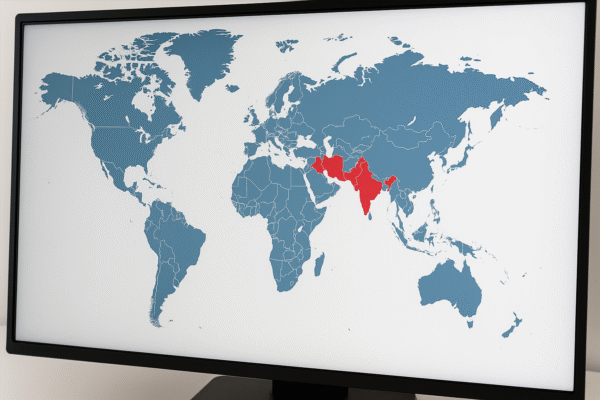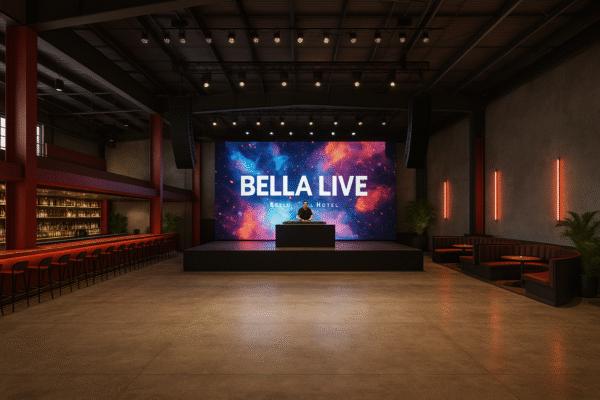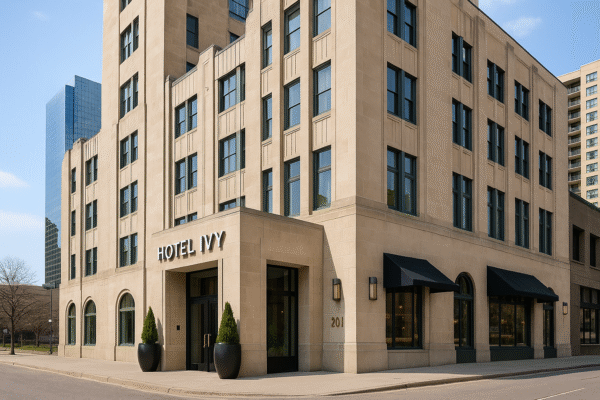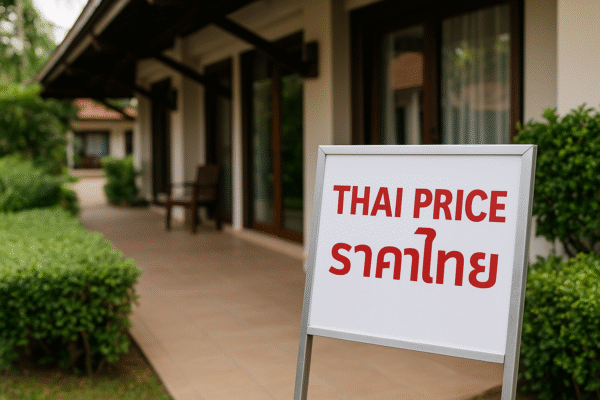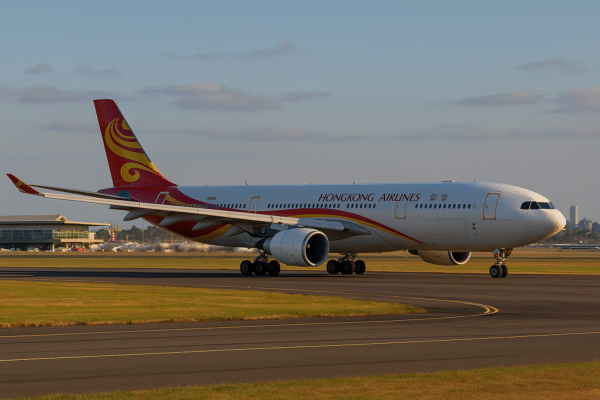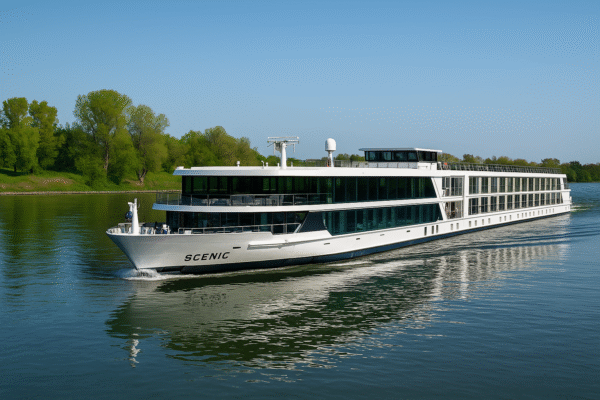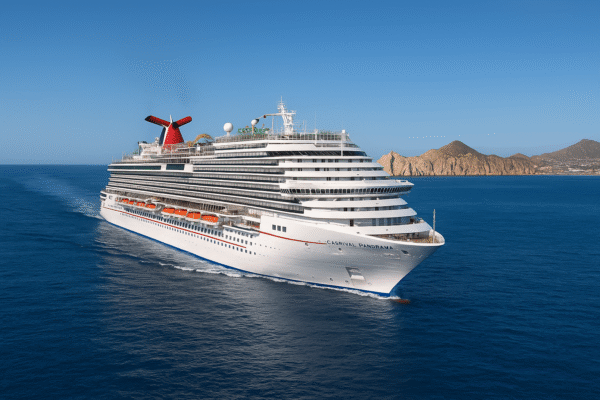In a striking development that underscores the intersection of tourism and political activism, Cyprus has emerged as an unplanned but accommodating destination for the Israeli-owned cruise ship Crown Iris, which was forced to reroute after mass protests in Syros, Greece prevented disembarkation. The incident, which took place on Tuesday, saw more than 1,600 Israeli tourists stranded aboard the ship after pro-Palestinian demonstrators blocked access to the port of Ermoupolis, the island’s capital.
The Crown Iris, operated by Israeli cruise line Mano Maritime, was originally scheduled to make a six-hour stop at Syros as part of a Mediterranean itinerary departing from Haifa, Israel. However, mounting political demonstrations rendered the visit impossible, resulting in the ship redirecting to Limassol, Cyprus instead.
A Politically Charged Port Blockade in Syros
The port-side protest, reportedly organized by a coalition of local activists and pro-Palestinian supporters, was sparked by ongoing global tensions related to the Middle East. Approximately 300 demonstrators gathered in Miaouli Square before marching toward the Nissaki pier, where the Crown Iris was expected to dock.
Waving Palestinian flags and carrying placards reading “Stop the Genocide” and “Freedom for Palestine,” protestors voiced their opposition to the presence of an Israeli-owned vessel in the port. Despite the peaceful nature of the demonstration, the protestors remained resolute in their stance, refusing to allow passengers to disembark.
According to Syros Press, port authorities attempted to mediate, but the unwavering presence of demonstrators and safety concerns led to the cruise line’s decision to abort the stop entirely. The event prompted a swift rerouting of the Crown Iris to Cyprus, where local authorities in Limassol quickly organized to accommodate the vessel and its passengers.
Cyprus Steps in as Emergency Cruise Destination
Officials in Limassol, a frequent cruise port in the Eastern Mediterranean, welcomed the unplanned arrival of the Crown Iris, providing a safe and peaceful alternative to the disrupted Greek stop. The Cyprus Tourism Deputy Ministry confirmed that coordination with maritime and immigration authorities was handled promptly, ensuring that passengers could disembark and enjoy a revised itinerary on the island.
While the cruise passengers were disappointed by the cancellation of their Greek excursion, many expressed relief and appreciation for the warm reception in Cyprus. The impromptu stop allowed for excursions to historical sites, local markets, and beaches around Limassol, mitigating the disruption caused by the earlier protests.
Tourism Meets Global Activism
The protest in Syros reflects a growing phenomenon where geopolitical issues spill into the tourism industry, turning cruise ports into stages for political expression. Demonstrations targeting tourism infrastructure have increasingly been used to draw international attention to complex global issues, particularly in conflict zones.
A spokesperson for the Greek Ministry of Foreign Affairs condemned the incident, emphasizing the importance of safeguarding international tourism. “Greece remains a welcoming destination for all tourists and rejects any form of discrimination or disruption to peaceful travel,” the ministry said in a statement.
Greece, a country heavily reliant on tourism which contributes nearly 25% to its GDP (according to Bank of Greece data), is now facing increased scrutiny as activist movements intersect with international visitor flows. While peaceful protest is a protected right, its impact on foreign visitors and local economies is becoming more visible and complex.
A Broader Regional Shift in Cruise Tourism
The rerouting of the Crown Iris to Cyprus adds to a growing list of incidents where political tensions have caused cruise lines to alter itineraries. Cruise operators, particularly in the Eastern Mediterranean, are now facing the challenge of balancing passenger safety with logistical coordination amid a politically sensitive landscape.
In recent years, geopolitical concerns have forced cruise ships to avoid or delay stops in regions experiencing social unrest or diplomatic tensions, including Turkey, Lebanon, and Israel. In this context, Cyprus has quietly positioned itself as a safe harbor for rerouted ships, offering stable infrastructure, tourist-friendly policies, and a strategic location within the Mediterranean.
The Cyprus Ports Authority stated that its terminals are equipped to handle emergency rerouting procedures and that they maintain close coordination with regional cruise operators to support itineraries affected by geopolitical events.
What Lies Ahead for Cruise Tourism in the Region
While rerouting a cruise ship is a routine operational decision, the underlying political message behind the Syros protest adds a new dimension to how tourism is perceived in politically active communities. The demonstration was not targeted at the tourists themselves but symbolized a broader call for global awareness and solidarity.
As cruise lines like Mano Maritime, MSC Cruises, and Royal Caribbean plan future Mediterranean itineraries, destination selection is likely to factor in not only logistical feasibility but also sociopolitical climate and community sentiment.
The Crown Iris episode serves as a case study for the tourism industry: it reflects how tourism, once viewed as a neutral economic activity, is now entwined with civic activism, diplomacy, and global justice movements.
Final Thoughts
The detour to Cyprus may have salvaged a disrupted cruise experience, but it also raised pressing questions about the future of cruise tourism in politically sensitive regions. As travelers become more aware of global issues, and as communities assert their political voices more visibly, cruise operators, local governments, and tourism boards must adapt with diplomacy, transparency, and agility.
This event marks a turning point in how destinations prepare for the unexpected — not just from weather or pandemics, but from politically mobilized communities seeking to shape global narratives from their own shores.
For more travel news like this, keep reading Global Travel Wire







